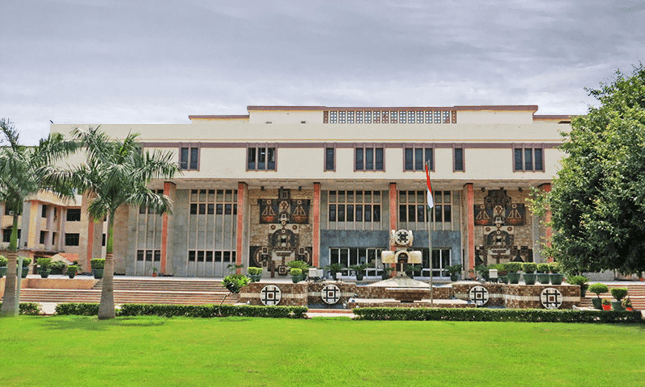
The Delhi High Court while observing that perjury is a very serious criminal offence, and it cannot be remedied, said that making false statements to the court must necessarily invite adverse actions. Justice Sanjeev Narula, in his statement, said that false affidavits filed in the court are a serious offence, that threatens the basic core of the legal system. The legal system relies greatly upon the honesty and integrity of people who come before the court.
“When one makes a statement before the court or signs an affidavit, they are making a solemn declaration, to tell the truth, the whole truth, and nothing but the truth. Filing of a false affidavit is a serious offence that undermines the very foundation of the legal system” as observed by the court.
The court further observed that the act of contempt can be purged or remedied by the offending party but perjury cannot be. Simply recanting or correcting a false statement cannot undo the act. Affidavits in a court of law, have sanctity and cannot be taken casually. Thus, a false statement to the court must necessarily invite adverse action.
The court made the observation while hearing the case of M/S Gokaldas paper products vs M/S Lilliput Kids Wear Ltd and ANR and directed the Registrar General to draw up and make a complaint against the party for making a false statement and send it to their appropriate Metropolitan Magistrate.
In this case, a complaint was filed by a supplier of paper carry bags in 2013 against an entity namely LILLYPUT KIDSWEAR Limited, and its former managing director over non-payment of dues.
In another Company petition filed in 2012 by the supplier for winding up of the respondent entity under the company’s act. The managing director had expressed willingness to repay the dues.
The petitioner’s case was that an action should be taken for contempt against the Entity and the Managing Director for paying only three out of the 10 instalments towards his repayment of dues, which was in brief breach of the undertaking given to the court on various occasions.
The court noticed that the Managing Director filed a faIse statement in reply to the petition. The court said that the repIy categorically denied the liability for the payment of deals in contrast to his earlier admission.
“He further undertook to pay petitioners due in 10 equal monthly instalments, commencing from 1st April 2013 and now faced with the present contempt action, he has denied his liability entirely by raising a plea of debit notes, and has instead raised a claim on the petitioner “The court noted.
The subsequent reply and accompanying affidavit prima facie crime contained false statements made during judicial proceedings punishable under Sections 193, 199 and 200 of the Indian Penal Code 1860.
The court also said that such a contradictory stand and statement without a reasonable explanation is prima facie a deliberately false statement that was made to mislead the court and an apology by the managing director would not deter an action invited for perjury.
Written by Vaishnavi Goel (BA.LLB), 6TH Semester, Punjab School of Law, Punjabi University, Patiala





1 Comment
Vijay Chauhan · October 8, 2023 at 11:12 am
Please attach pdf file of judgement it would be helpful to students and advocates as well.